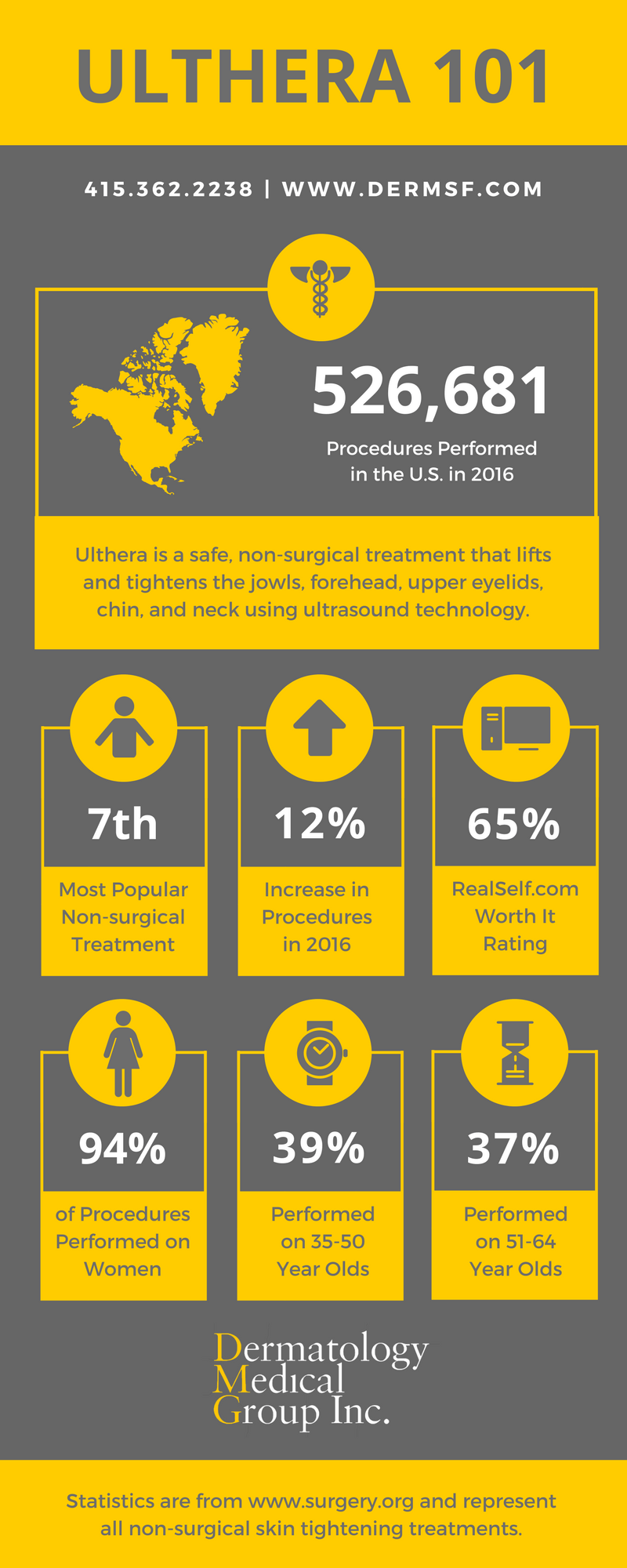Misconceptions And Realities Concerning Acne: Debunking Common Misconceptions
Misconceptions And Realities Concerning Acne: Debunking Common Misconceptions
Blog Article
Posted By-Haney Cameron
You might assume that delighting in chocolate or greasy foods is the origin of your acne, but that's simply one of numerous myths swirling around this usual skin problem. In fact, acne mainly stems from clogged hair follicles, not your last treat. Misconceptions like these can lead you to embrace inadequate skincare methods that might even intensify your circumstance. As you navigate the truths behind acne, you'll uncover insights that could transform your approach to skincare and aid you accomplish clearer skin. So, what actually lies underneath the surface area?
Common Myths Regarding Acne
When it involves acne, many individuals count on common myths that can lead to confusion and stress. One prevalent myth is that consuming chocolate or greasy foods triggers acne. While diet plan can affect skin wellness, the direct web link between particular foods and acne isn't as clear-cut as lots of assume.
https://www.todayonline.com/8days/seeanddo/thingstodo/make-your-home-look-insta-worthy-these-simple-fuss-free-tips-ig-famous mistaken belief is that you should scrub your face strongly to improve outbreaks. In truth, hostile rubbing can aggravate your skin and aggravate acne.
Read Webpage might likewise believe that acne only affects teenagers, however adults can experience it too, usually as a result of hormone changes or anxiety. Some people believe that tanning can improve acne, but sunlight exposure can actually bring about skin damage and get worse outbreaks over time.
Finally, lots of think that using harsh items will remove acne promptly. However, these items can remove your skin of its all-natural oils, resulting in increased irritation and even more breakouts.
Scientific Facts Behind Acne
Understanding the scientific truths behind acne can encourage you to tackle this usual skin problem more effectively.
Acne occurs when hair follicles come to be obstructed with oil, dead skin cells, and bacteria. This procedure typically starts with an overproduction of sebum, the oil your skin naturally creates. Hormonal changes, especially during adolescence or menstrual cycle, can activate this excess oil.
Microorganisms known as Propionibacterium acnes thrive in these stopped up pores, leading to swelling. When your immune system responds, it can create soreness and swelling, causing those troublesome pimples or cysts.
Genetics also play a role; if your moms and dads had acne, you could be extra prone to it.
Diet plan and anxiety levels can affect acne too, however research is still developing in these areas. While delighting in greasy foods won't directly create outbreaks, a well balanced diet can support your skin health and wellness.
Likewise, taking care of anxiety can decrease hormone fluctuations that may intensify acne.
Tips for Managing Acne
Managing acne efficiently calls for a combination of day-to-day skincare practices and way of living adjustments. Beginning by developing a constant skincare regimen. Clean your face two times a day with a mild, non-comedogenic cleanser to eliminate dust and excess oil. Avoid scrubbing as well hard, as this can irritate your skin and worsen acne.
Next off, integrate products having salicylic acid or benzoyl peroxide to help stop outbreaks. Always follow up with a light-weight, oil-free cream to maintain your skin hydrated. Do not neglect sun block; select non-comedogenic alternatives to protect your skin from UV damage without clogging pores.
Beyond skin care, pay attention to your diet plan. Limit botched botox shots and greasy foods, and concentrate on fruits, vegetables, and entire grains. Staying moisturized is critical, so beverage a lot of water throughout the day.
Additionally, manage tension through tasks like yoga, reflection, or exercise, as anxiety can activate outbreaks.
Last but not least, avoid choosing or popping acnes. This can result in scarring and more inflammation. If your acne lingers, get in touch with a skin doctor for tailored treatment options.
Conclusion
Finally, it's essential to separate fact from fiction when it involves acne. By exposing common myths, you can better comprehend your skin and make informed selections for your skincare regimen. So, why remain to count on obsolete ideas when the fact can encourage you? Embrace much healthier habits, focus on mild cleansing, and remember that managing acne is a journey. With the appropriate knowledge, you're one action closer to more clear, healthier skin.
